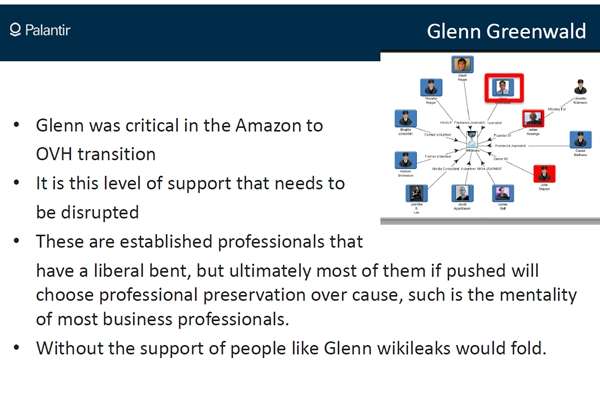http://www.guardian.co.uk/
Massive leak reveals Guantánamo's secrets
Innocent people interrogated for years on slimmest pretexts
Children, elderly and mentally ill among those wrongfully held
172 prisoners remain, some with no prospect of trial or release
The Guardian is staggering publication of some Guantánamo files throughout the day. One of the latest articles launched to our Guantánamo page reports that almost 100 prisoners in the camp were classified by the US army as having psychiatric illnesses including severe depression, schizophrenia and bipolar disorder.
James Ball writes that "reports chronicle the disturbed behaviour of inmates, sometimes so extreme that even US intelligence officers acknowledged they were unsuitable for interrogation".
Afghan prisoner 356, Modullah Abdul Raziq, who had been "captured by anti-Taliban forces", was found unfit for interview in February 2002 when the first wave of Guantánamo inmates were psychiatrically assessed.
Raziq, the file notes, was regularly disruptive. His behaviour included ripping off his uniform, drinking shampoo, daubing his cell and himself with excrement and spitting at guards. Psychiatrists concluded he had a disorder "psychotic in nature, likely schizophrenia" and called for his removal from the base.
Camp staff noted Raziq had no proven affiliation with al-Qaida and stressed that transferring him "will remove a significant personnel burden and security risk from Camp X-ray, that provides no intelligence value to US forces, and an individual more than likely incapable of standing trial".
The report goes on: "Repatriating detainee 356 to Afghanistan causes minimal to no risk to US forces still operating in that region, as Afghan authorities would more than likely confine the detainee upon his arrival."
Raziq was released from Guantánamo into Afghan custody within a month of the assessment.
Unlike previous occasions, today's coverage by the Guardian of its leaked Guantánamo files does not attribute them to Wikileaks. Instead, the paper explains that the massive tranche of secret US material was shared with it by the New York Times, and that the New York Times itself did not get the files from Wikileaks.
Behind these statements lies a history of feuding on the part of Wikileaks and its founder Julian Assange. The Gitmo files are the fifth (and very nearly the final) cache of data that disaffected US soldier Bradley Manning is alleged to have turned over to the Wikileaks website more than a year ago.
Last year, the Guardian brokered a pioneering deal with Assange under which some of these packages, notably 250,000 leaked US diplomatic cables, would be published collaboratively across the world. The original partners were the New York Times and other European papers, such as El Pais in Spain.
But Assange objected to some articles the Guardian and the New York Times had written, notably those detailing the Swedish sex allegations over which he is currently fighting extradition. He decided to tear up the original deal. According to those close to him, he conceived a plan instead to distribute the Guantánamo material only to a range of rival papers, including the right-wing Daily Telegraph, the Washington Post and Al Jazeera, whilst preventing readers of the Guardian and the New York Times from having access to it.
The New York Times, however, obtained the file from its own sources. When other papers discovered the Guardian and New York Times joint publishing plans late last night, they hurried out their own versions of the Guantánamo files, in an attempt to catch up.



